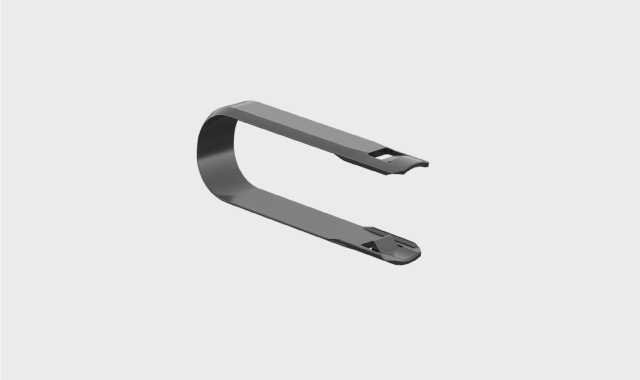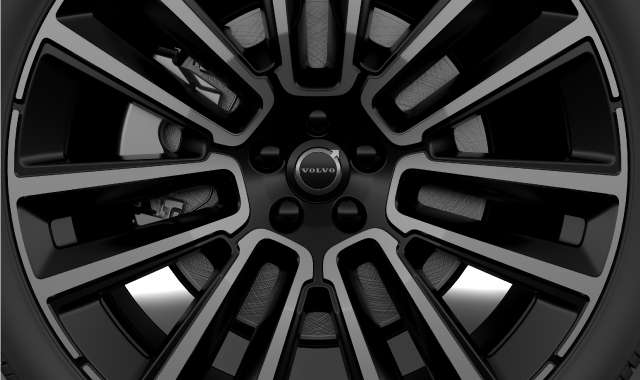Warning
Raising the car to change a wheel
Changing a wheel requires that you raise the wheel off the ground. Carefully follow the separate instructions for raising the car safely.
- If you are changing a wheel in or close to traffic, make sure you and the car are clearly visible to others. Activate the hazard warning lights, put out a warning triangle in a visible but safe place and wear a reflective vest.
- Designate a safe space for passengers to wait, away from both the car and traffic.
- You are responsible for safety around the car while it is raised. Do not allow people inside or close to the car.
- Never get under the car, or let anyone reach under it with any part of their body, while it is raised with a jack.
Before removing the wheel
The wheels on your car are fastened with wheel bolts. For extra security, you can use lockable bolts.
Put the gear in P and engage the parking brake before starting.
Important
- Make sure that the dimensions of the replacement wheel are approved for your car.1
- Make sure you read through all the instructions before you start. Get all the tools you need before the car is raised.2
- Use the towing eye as an extended handle for the wheel wrench. The towing eye must be screwed into the wrench as far as it will go.
Removing the wheel
Remove the plastic caps from the wheel fasteners using a suitable tool or pull the wheel cap off.

Tip
Mounting the wheel
Warning
- Make sure that you put the wheels on the correct axle. Incorrectly mounted wheels can affect the car's handling.
- Never use lubricant on the threads of wheel fasteners. It could cause the wheel fasteners to loosen after tightening.
Fasten the fasteners crosswise. If you are using lockable bolts, finish with those.
It’s very important that the fasteners are properly secured. Tighten to 140 Nm (103 lb-ft). Check the tightening torque with a torque wrench. Overtightened or loosely tightened fasteners may damage the fastening threads or the wheel itself.

Warning
Check the wheel fasteners
The wheel fasteners may need to be re-tightened a few days after the wheel has been changed. Temperature differences and vibrations may cause them to loosen.
Wheel properties after a wheel change
Be attentive to signs of incorrectly fitted wheels. This could affect the car's braking characteristics and the ability to deflect rain and slush.
When you have changed the type or size of the wheels, you should drive carefully at first. The dynamics and driving characteristics of the wheels may have changed.